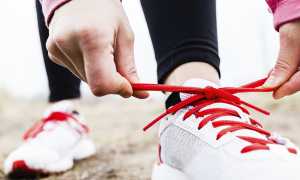Although the following study was conducted with AFL coaches the findings are applicable to, and currently being used, in general coach welfare across many sports and levels of coaching.
AFL coaches are experiencing such high levels of stress in their increasingly demanding jobs that some suffer insomnia and feel physically ill, an unprecedented study has found.
While coaches reported a strong sense of privilege in holding their high-paying posts, several reported they did not always know who their true football allies were and who they could trust.
This had led to the men who are seen as the rocks in AFL footy - and who have reported they often feel they must present as such - feeling vulnerable, lonely and isolated.
From the AFL's 18-man senior coaching fraternity, only one of the 12 who took part in the voluntary study with La Trobe University last year - a project commissioned by the AFL Coaches Association - said the job did not cause him stress.
Others detailed how their bad moods put strain on personal relationships, and how being a head coach in the AFL had at times affected their loved ones adversely.
In the most sensitive project commissioned yet by the AFL Coaches' Association, sittings with the coaches ranged between 20-50 minutes. The coaches were interviewed by Dr Mandy Ruddock-Hudson and Sophie Knights from La Trobe University's School of Public Health. The identities of the household names are protected in the 10,000-word thesis produced from the research.
The study findings collate the innermost thoughts of a driven and passionate group who love the game, deepest thoughts of a driven and passionate group who love the game, but it also highlights how the role of an AFL head coach is an ever-expanding, increasingly demanding brief involving more responsibility than ever.
You may also be interested in...
LAST FORWARD THINKING SESSION ON JUNE 16

The final session in version 1
Game Changer: Female Facilities Community Campaign – Bayside City Council

Bayside City Council identified that the lack of existing facilities that support female participation was a significant issue for them. With 27 sporting pavilions, 50 sports clubs, 1300 teams and 20,000 club members, only 80 per cent of Bayside’s pavilions predate 1960 and 96 per cent don’t have appropriate change facilities for women.
And the winner is: women and social sports

The first round of VicHealth’s new-look Active Club Grants will offer more sport opportunities for women and girls, and social or modified sport programs across the state, through $400,000 in funding to get people moving in fun, flexible and social environments.























